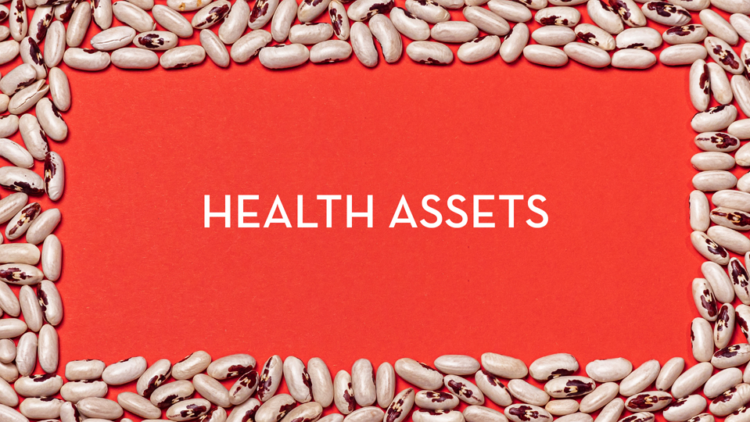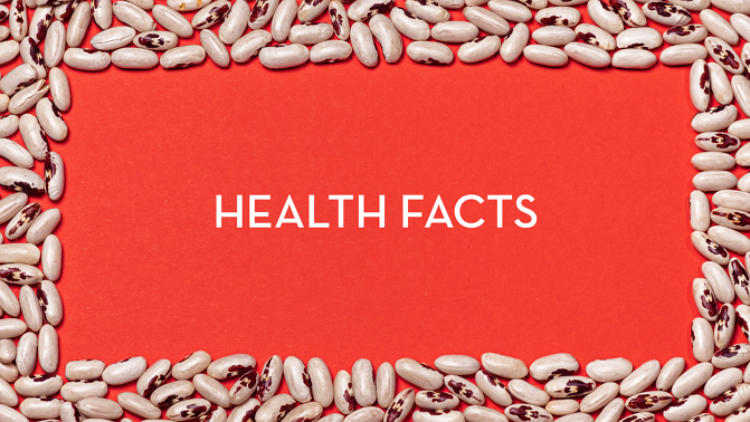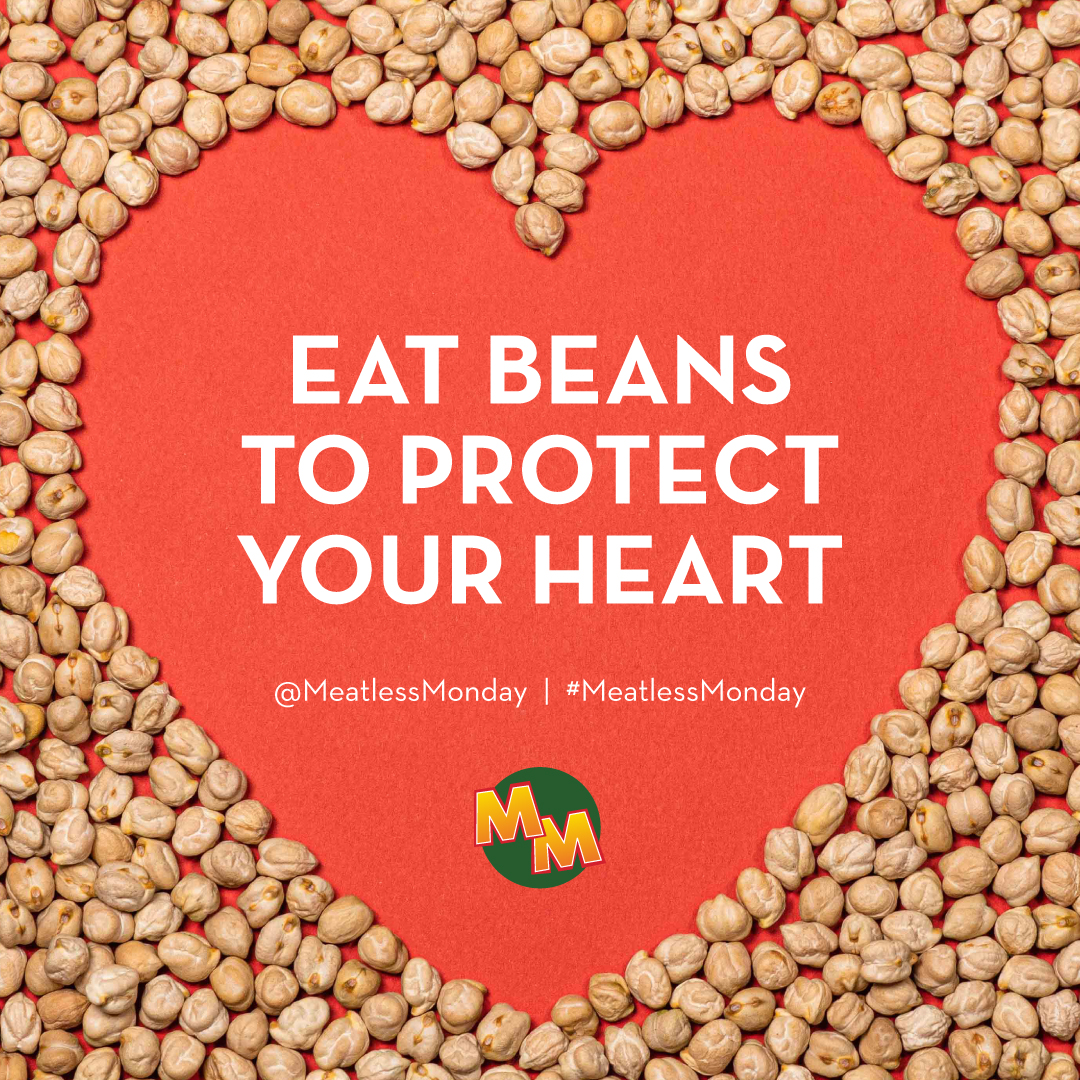Beans and Health
Beans are a nutritional powerhouse, falling under the category of a superfood. They can do it all: provide the daily requirement of protein and fiber, reduce the risk of cardiovascular disease and diabetes, aid weight loss, promote bone health, and are an excellent source of phytochemicals and antioxidants. Consider adding them to any meal for a nutritional boost.
Nutritional Profile
There are hundreds of different types of beans, but all varieties share a similar nutritional profile. For example, the pinto bean—a common ingredient in refried beans and chilis—contains a diverse collection of nutrients, vitamins, and minerals, and is low in calories, cholesterol, and saturated fat. For example:
One cup of boiled pinto beans contains:
- 15 grams of protein
- 15 grams of fiber
- 20% of the recommended daily value (DV) of iron
- 25% of the DV of phosphorous
- 21% of the DV of potassium
- 245 calories
Because of their cost, availability, rich nutritional profile, and ease-of-use, beans are one of the ultimate plant-based protein sources, but incorporating more beans in your diet can also help improve aspects of your personal health by helping manage weight and reduce the risk of disease.
Diabetes
- Beans have a low glycemic index (a measure of how quickly a food causes blood sugar levels to rise), making them a suitable protein source for individuals with diabetes or pre-diabetes.
- Beans help stabilize blood sugar and insulin levels by reducing blood sugar spikes after eating and improving insulin resistance.
Cardiovascular Health
- Because they are high in fiber, low in saturated fat, and free of cholesterol, beans can help reduce an individual’s risk of developing heart disease.
- A review of 26 studies found that a diet rich in beans and other pulses can help lower LDL (bad) cholesterol—a major risk factor for heart disease. Eating beans has also been linked to higher HDL (good) cholesterol and lower blood pressure.
Gut and Microbiome
- Beans are excellent sources of fiber, an indigestible carbohydrate necessary for promoting the growth of beneficial gut bacteria which plays a critical role in our well-being and health. A healthy microbiome is linked to lower risk of infectious and inflammatory disorders (e.g. IBD, arthritis) and chronic diseases (e.g., diabetes, osteoporosis), among other health benefits.
Weight Management
- Beans are high in fiber and protein, but low in calories, making them an important part of a healthy diet.
- Studies show that when people eat high-fiber foods, like beans, they stay fuller for long, which can help with weight management.
Download our free health assets and fact sheet

Health Assets

Health Fact Sheet
Return to the Resource Center
Check out the rest of our beans resources.


